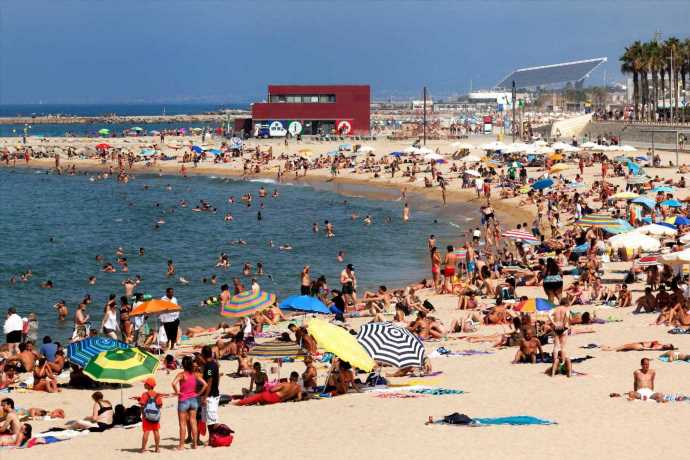MORE than one million families are set to lose thousands of pounds next year due to extra child benefit charges.
The cash available to help when you have kids must be paid back when you earn over a certain amount.
Around 1.6million are set to be affected by this limit next year – the equivalent of one in five families.
That's up from the one in eight who were affected when the rules were first introduced in 2013, according to calculations by the Institute for Fiscal Studies.
Child benefit is worth £84.60 a month for the first child – or just over £1,000 a year – and £56 a month for an extra child.
If either parent is earning over £50,000 they have to pay the high income child benefit tax charge.
This means you pay back 1% of your child benefit for every £100 of income over this amount.
Once you reach £60,000 of income you have to repay the full amount.
Most read in Money
CHECK YOUR TICKETS 2 EuroMillions winners have just DAYS to claim £1m jackpot – or lose it
Brits can earn hundreds by reselling childhood toys including Monopoly
Police say to stop doorstep delivery after thousands of parcels stolen
Mum finds £5,000 in her Aldi chocolate bar
The reduction applies when just one parent or guardian earns more than the threshold, and not on combined household earnings.
These amounts have not changed in nearly a decade, but over that time wages have risen so more families fall into the tax trap.
And although the charge is designed for those on high incomes, thousands of those now affected are basic rate taxpayers.
The higher rate of tax (40%) applies to earnings over £50,271. Around 120,000 families earning less than this but over £50,000 have to repay some of the benefit.
It comes as families face higher costs of living from rising food and energy costs – the Bank of England predicts that inflation could ht 5%.
Unexpected bills
Parents have been caught out by the complicated rules and extra charge and have been landed with bills for thousands of pounds.
One parent, Jason Wilkes, has challenged the rules in court after being asked to repay £4,000.
It's up to parents to notify HMRC if they are liable for the charge and they must file a self-assessment tax return to pay it.
Parents who do know about the charge could also end up missing out on cash.
They can decide to opt out of getting the benefit altogether to avoid having to pay money back. But they will miss out on National Insurance credits.
These fill gaps in NI contributions when not working, and count towards how much state pension you get in retirement.
One grandmother has lost out on £800 a year in state pension payments after missing out on the credits.
The credits can be passed on to family who are looking after kids – but only if the parent is claiming the credits through child benefit in the first place.
Sir Steve Webb, former pensions minister and now a consultant at LCP, told The Telegraph the charge amounted to a "stealth" tax.
He said: “More and more families are set to be dragged into the net of this so-called high income charge. Household budgets are already under growing pressure with rising inflation and this stealth tax will make matters worse."
A government spokesperson told the newspaper the limit is intended to ensure child benefit goes “to those who need it most” and that it is spending billions of pounds to help with the cost of living, such as freezing fuel and alcohol duty.
Charity Turn2Us recommends using the government's child benefit tax calculator to see how you might be affected by the high income tax charge.
We pay for your stories!
Do you have a story for The Sun Money team?
Email us at [email protected]
Source: Read Full Article







